Interview: Peter Knell and Stephanie Fleischmann on Their New Opera ARKHIPOV at the Kirk Douglas Theatre
Presented by Jacaranda in partnership with the Wende Museum of the Cold War
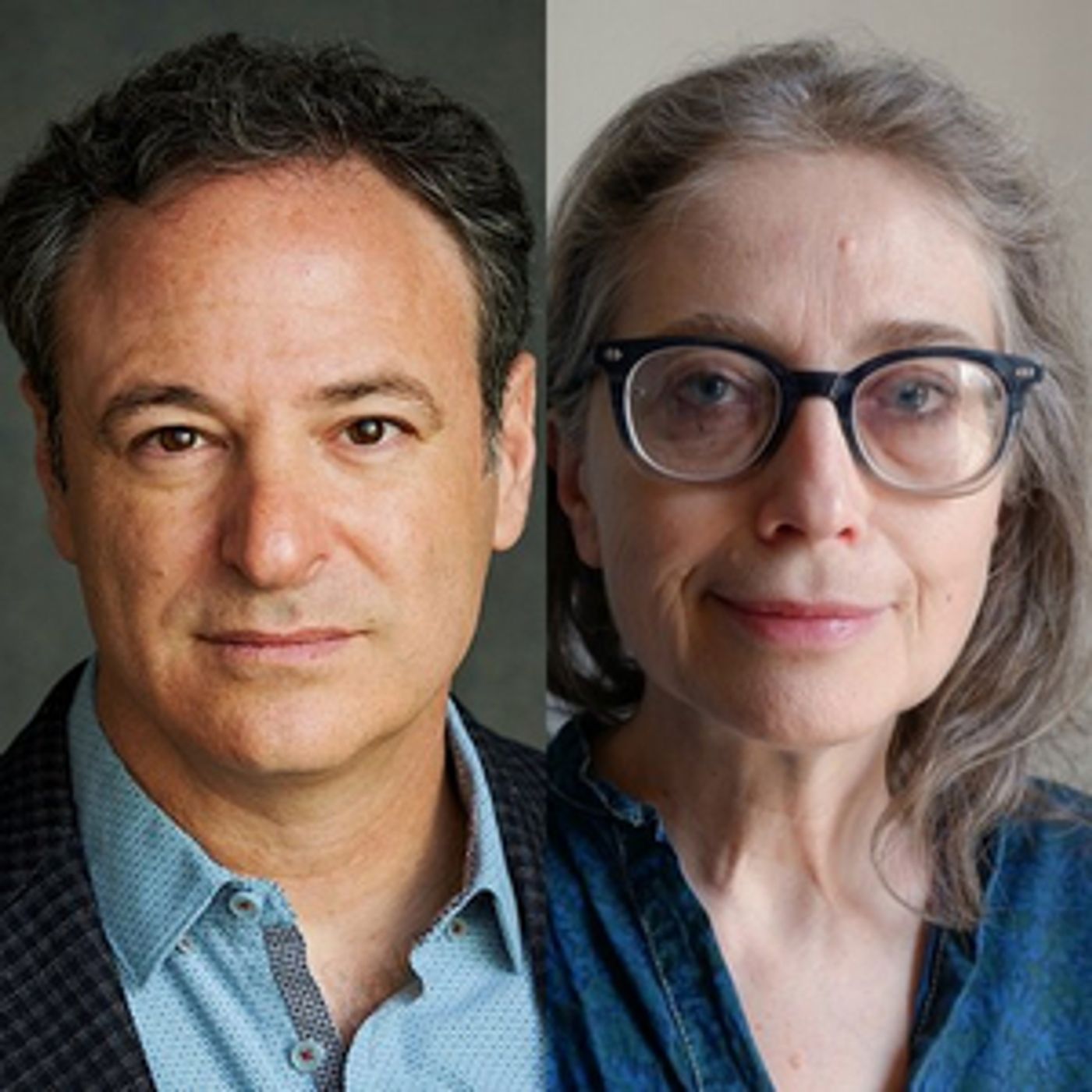
Even though I was very young, I still remember the tension in the air at school and at home during the Cuban Missile Crisis in 1962. And just today, news of the current Cold War going on between Russia and the rest of the world regarding Ukraine, with even Elon Musk warning the world about possible nuclear war breaking out. So it seems very fortuitous that Peter Knell and Stephanie Fleischmann (pictured) have created a heart-stopping experience set in a submarine during the crisis of 1962. Their new opera ARKHIPOV is based on the true story of the man who saved humanity from nuclear annihilation during a tipping point between Russia and the United States in the Cuban Missile Crisis. But what motivated them to create an opera about such a terrifying moment in world history? I decide to speak with them and find out.
Thank you both for taking the time to speak with me about ARKHIPOV. But first, tell me a bit about your theatrical and/or operatic background and how you found your way to composing together.
 Stephanie Fleischmann: I am, first, a playwright, who has always written with music. Music is in my DNA - my father ran the LA Philharmonic for 30 years, and so I grew up steeped in the best of classical music. Music is intrinsic to everything I write, whether in the sounds of spoken words, the shape of a work's larger structures, a discrete song title, or the context of a through-composed score. From the music in the cadences of colloquial speech to the musical structure of a narrative, music and story have always been intertwined for me.
Stephanie Fleischmann: I am, first, a playwright, who has always written with music. Music is in my DNA - my father ran the LA Philharmonic for 30 years, and so I grew up steeped in the best of classical music. Music is intrinsic to everything I write, whether in the sounds of spoken words, the shape of a work's larger structures, a discrete song title, or the context of a through-composed score. From the music in the cadences of colloquial speech to the musical structure of a narrative, music and story have always been intertwined for me.
I began writing opera libretti n 2011, the year after my father departed this world, almost as a way of saying goodbye to him, via American Lyric Theater's Composer Librettist Development Program. I found my stride in this form, and I've never looked back. Peter and I were then connected by a dear friend, a theater director who happens to be his second cousin - one of those glorious small-world synchronicities. When the right project came along, and I was, concurrently, ready for it, having been immersed for some years in opera, I jumped at the opportunity to tell this story in collaboration with a composer of Peter's caliber.
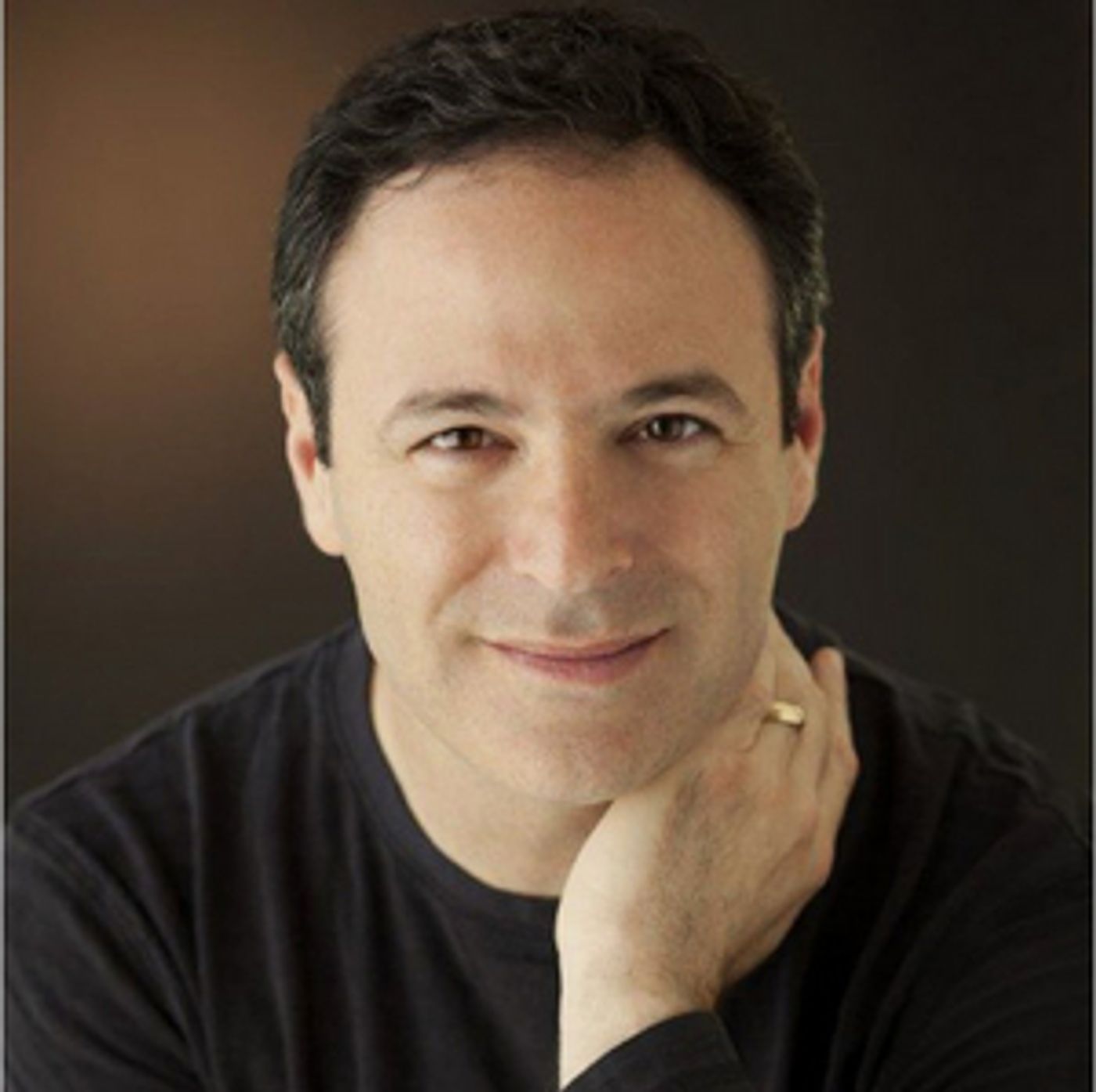 Peter Knell: My compositional output prior to this project was focused on orchestral and chamber music as well as choral music and art songs. In commencing work on my first opera, I felt it was important to work with an experienced dramatist/librettist. A number of years ago (before she began writing libretti), I saw a play by Stephanie, and we had discussed possibly turning it into a chamber opera; however, the timing was not right for that project. When I started looking for a librettist for ARKHIPOV, I saw that Stephanie had become an active librettist, and I reached out to her about working on the project together. We had an instant connection and decided to collaborate on this project.
Peter Knell: My compositional output prior to this project was focused on orchestral and chamber music as well as choral music and art songs. In commencing work on my first opera, I felt it was important to work with an experienced dramatist/librettist. A number of years ago (before she began writing libretti), I saw a play by Stephanie, and we had discussed possibly turning it into a chamber opera; however, the timing was not right for that project. When I started looking for a librettist for ARKHIPOV, I saw that Stephanie had become an active librettist, and I reached out to her about working on the project together. We had an instant connection and decided to collaborate on this project.
What first motivated you to create ARKHIPOV as an opera?
Peter: In late 2016, I came upon an article in The New Yorker entitled "World War Three, by Mistake" (Eric Schlosser, Dec 2016), which discussed various close calls the world has had with nuclear Armageddon over the past 70 years. 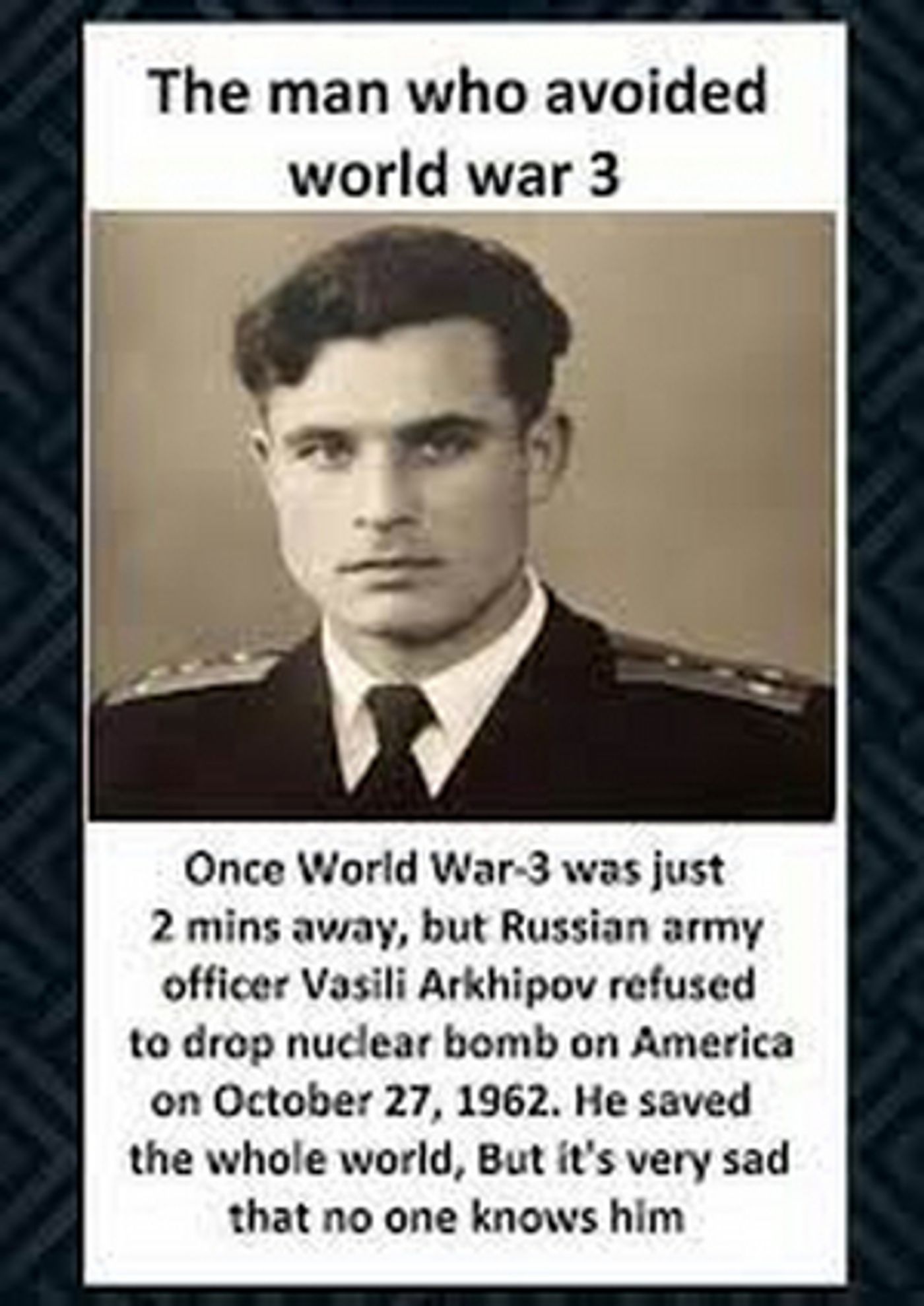 There were frighteningly many instances - so many that the subject of our opera rated a mere few sentences: "In perhaps the most dangerous incident, the captain of a Soviet submarine mistakenly believed that his vessel was under attack by U.S. warships and ordered the firing of a torpedo armed with a nuclear warhead. His order was blocked by a fellow officer. Had the torpedo been fired, the United States would have retaliated with nuclear weapons." This germ of a story piqued my curiosity, and I commenced to research the incident further, discovering that the submarine was B-59, and the officer who blocked the order was Vasili Arkhipov.
There were frighteningly many instances - so many that the subject of our opera rated a mere few sentences: "In perhaps the most dangerous incident, the captain of a Soviet submarine mistakenly believed that his vessel was under attack by U.S. warships and ordered the firing of a torpedo armed with a nuclear warhead. His order was blocked by a fellow officer. Had the torpedo been fired, the United States would have retaliated with nuclear weapons." This germ of a story piqued my curiosity, and I commenced to research the incident further, discovering that the submarine was B-59, and the officer who blocked the order was Vasili Arkhipov.
Although centered on a historical event, the opera resonates profoundly today. As I read the New Yorker article, I was struck by how close we have come to nuclear exchanges on several occasions-yet we had been lulled into thinking that the nuclear threat was past. In addition to being a powerfully dramatic personal story, the opera addresses this misapprehension, reminding us all how tenuous our existence is in the face of weapons of such devastating description. The opera also looks at the fallibility of communications, with (mis)communication being literally a life and death concern. And it gestures at our current crisis of leadership. With more and more countries sliding toward autocracy and belligerence, now more than ever we need leaders like Arkhipov who understand the broader impact of their actions and seek to de-escalate conflict.
Stephanie: When Peter approached me with the idea, I knew immediately it was the stuff of great opera. An epic story centered on a character grappling with metaphysical and spiritual exigencies, who finds himself on an impossible journey. How does he rise to the occasion? What actions does he take when placed under extreme pressure? Plus there's the rich poetic imagery of the sea, and the gritty culture of the sailors, and the seat-of-your pants countdown to a terrifying D-day.
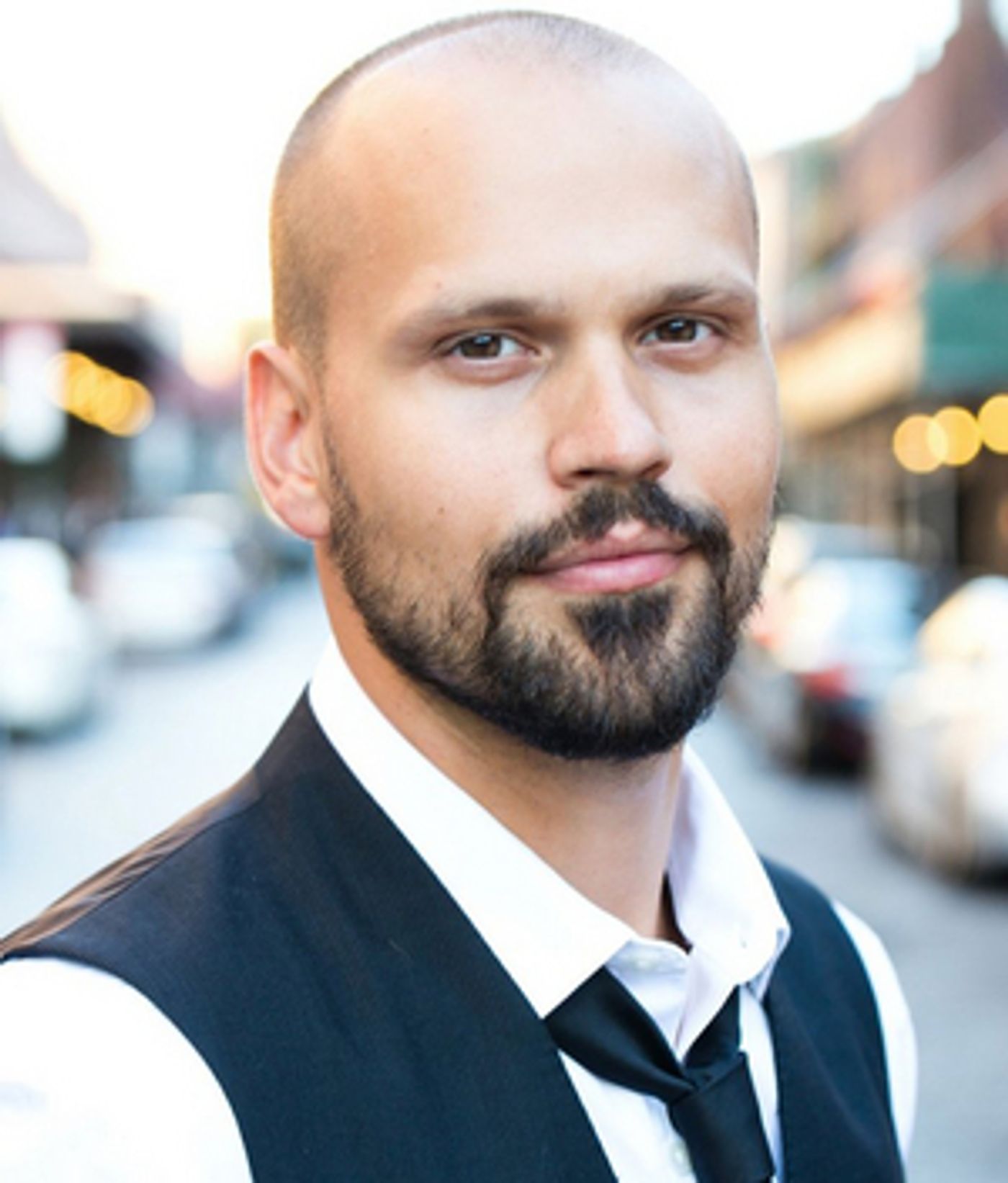 (Pictured: Edward Parks III (baritone) portrays Vasili Arkhipov)
(Pictured: Edward Parks III (baritone) portrays Vasili Arkhipov)
Do either of you have personal memories of what it was like during the Cold War in the early sixties? And if not, how did you first become interested in the Cuban Missile Crisis' effect on history?
Stephanie: I was barely born during the Cuban Missile Crisis. But it's a moment that has loomed over my growing up, namely in the form of the Cold War, and the accompanying nuclear threat that formed an unsettling undercurrent to my young adulthood.
Peter: Since I was born in 1970, I do not have any personal memories of the Cuban Missile Crisis itself, but I grew up during the Cold War, and the threat of nuclear annihilation was ever-present. Somehow, during the 1990s, the nuclear threat receded from our consciousness; it felt like we had the nuclear genie under control. But the New Yorker article made me realize how close we have actually come several times - due mostly to system errors not actual brinksmanship - to a major nuclear exchange, just one of which would likely be the end of humanity.
How did you compile research about Soviet Naval Officer Vasili Arkhipov?
Peter: As I noted above, I read an article in The New Yorker that made a reference to the incident, though with no specifics. But it was enough for me to determine that the 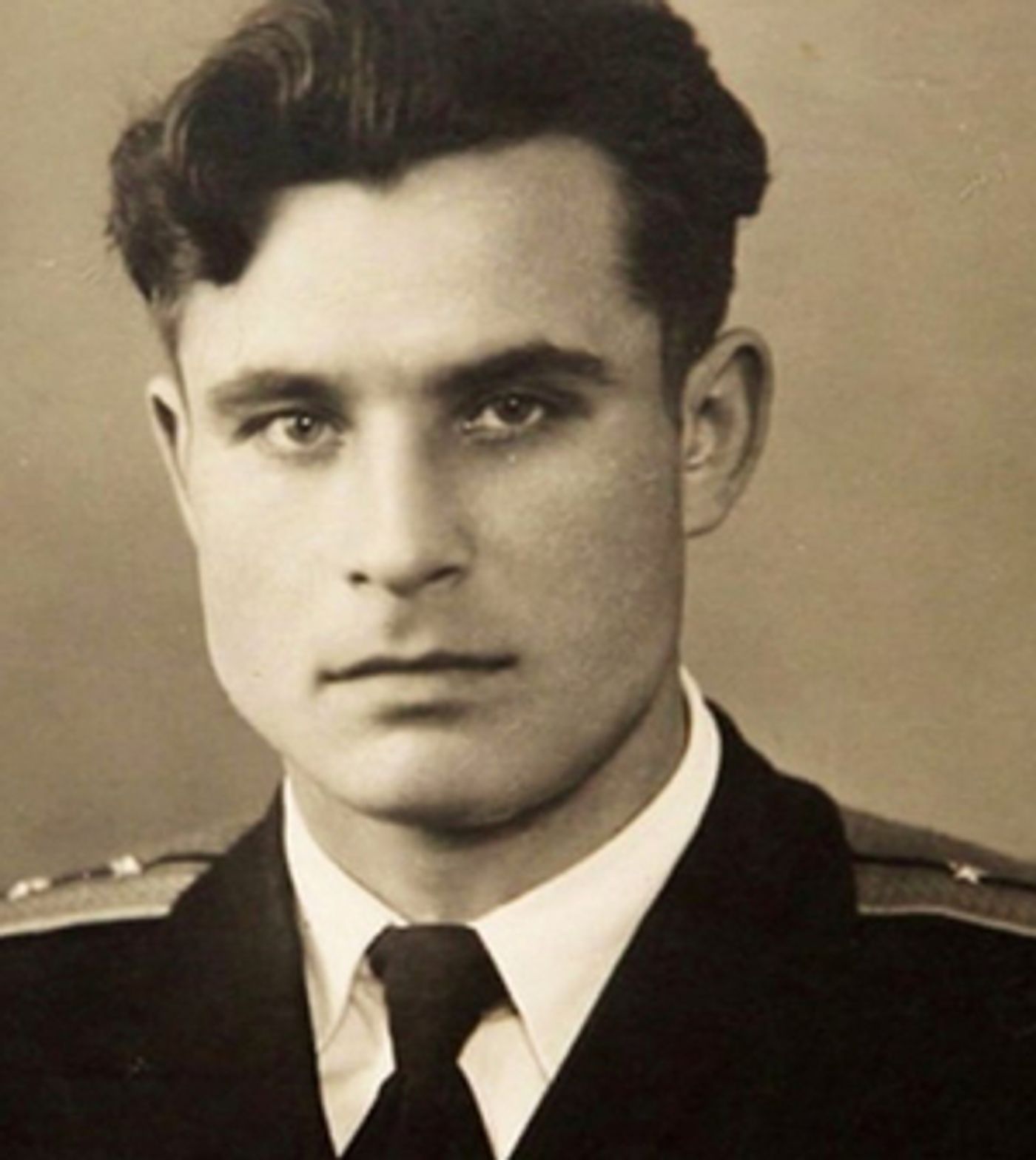 submarine was B-59 and the officer who prevented the nuclear exchange was Vasili Arkhipov (pictured). From there, I did some preliminary research to confirm that this was the right story for me to tell. I then brought Stephanie into the project, and we embarked on an extensive research process. We read several articles about the incident as well as two books: One Minute to Midnight (Michael Dobbs, 2009), the definitive book on the Cuban Missile Crisis, gave us the overall context as well as some specific sections on the submarine portion of the crisis, and October Fury (Peter A Huchthausen, 2002), which is based on interviews with several American sailors and Soviet submariners involved in the incident, focusing entirely on the submarine portion of the crisis. Ironically, it was published just before the nuclear dimension of the crisis was disclosed to the West by Vadim Orlov at a conference commemorating the 40th anniversary of the Crisis. We also found a trove of primary sources (both in English as well as translated Soviet sources), many at the National Security Archive. And we spoke with experts on the Cuban Missile Crisis, including Graham Allison, head of the Belfer Center for Science and International Affairs at Harvard's Kennedy School, and Svetlana Savranskaya of the National Security Archive, who translated many of the primary Soviet sources, interviewed many of the Soviet submariners involved in the incident, and convened the 40th anniversary conference.
submarine was B-59 and the officer who prevented the nuclear exchange was Vasili Arkhipov (pictured). From there, I did some preliminary research to confirm that this was the right story for me to tell. I then brought Stephanie into the project, and we embarked on an extensive research process. We read several articles about the incident as well as two books: One Minute to Midnight (Michael Dobbs, 2009), the definitive book on the Cuban Missile Crisis, gave us the overall context as well as some specific sections on the submarine portion of the crisis, and October Fury (Peter A Huchthausen, 2002), which is based on interviews with several American sailors and Soviet submariners involved in the incident, focusing entirely on the submarine portion of the crisis. Ironically, it was published just before the nuclear dimension of the crisis was disclosed to the West by Vadim Orlov at a conference commemorating the 40th anniversary of the Crisis. We also found a trove of primary sources (both in English as well as translated Soviet sources), many at the National Security Archive. And we spoke with experts on the Cuban Missile Crisis, including Graham Allison, head of the Belfer Center for Science and International Affairs at Harvard's Kennedy School, and Svetlana Savranskaya of the National Security Archive, who translated many of the primary Soviet sources, interviewed many of the Soviet submariners involved in the incident, and convened the 40th anniversary conference.
Stephanie: Peter came to me with the story. In terms of the research, I was especially intrigued by first-person accounts, namely that of Radio Intercept Orlov, who spoke at the conference in 2002 that first uncovered the incident to us in the west, some footage of Olga, Arkhipov's wife, in a documentary. Also, the letters of a young sailor-traveling on one of the other Foxtrot submarines in the fleet- to his wife were particularly inspiring to us. And documents in the National Security Archive.
And why do you think the Russian government kept the story about his role in the Cuban Missile Crisis a secret for four decades?
Stephanie: The story, unsurprisingly, does not make the Soviet government look very good. Back then, as it is today, everything was under wraps, obfuscated, covert...
Peter: Exactly. Absent a political or military reason to disclose, I think militaries always keep missions secret, especially when they are failures. Also, while we celebrate Arkhipov for having saved the world, he was viewed in the Soviet navy as having led a failed mission and as an embarrassment.
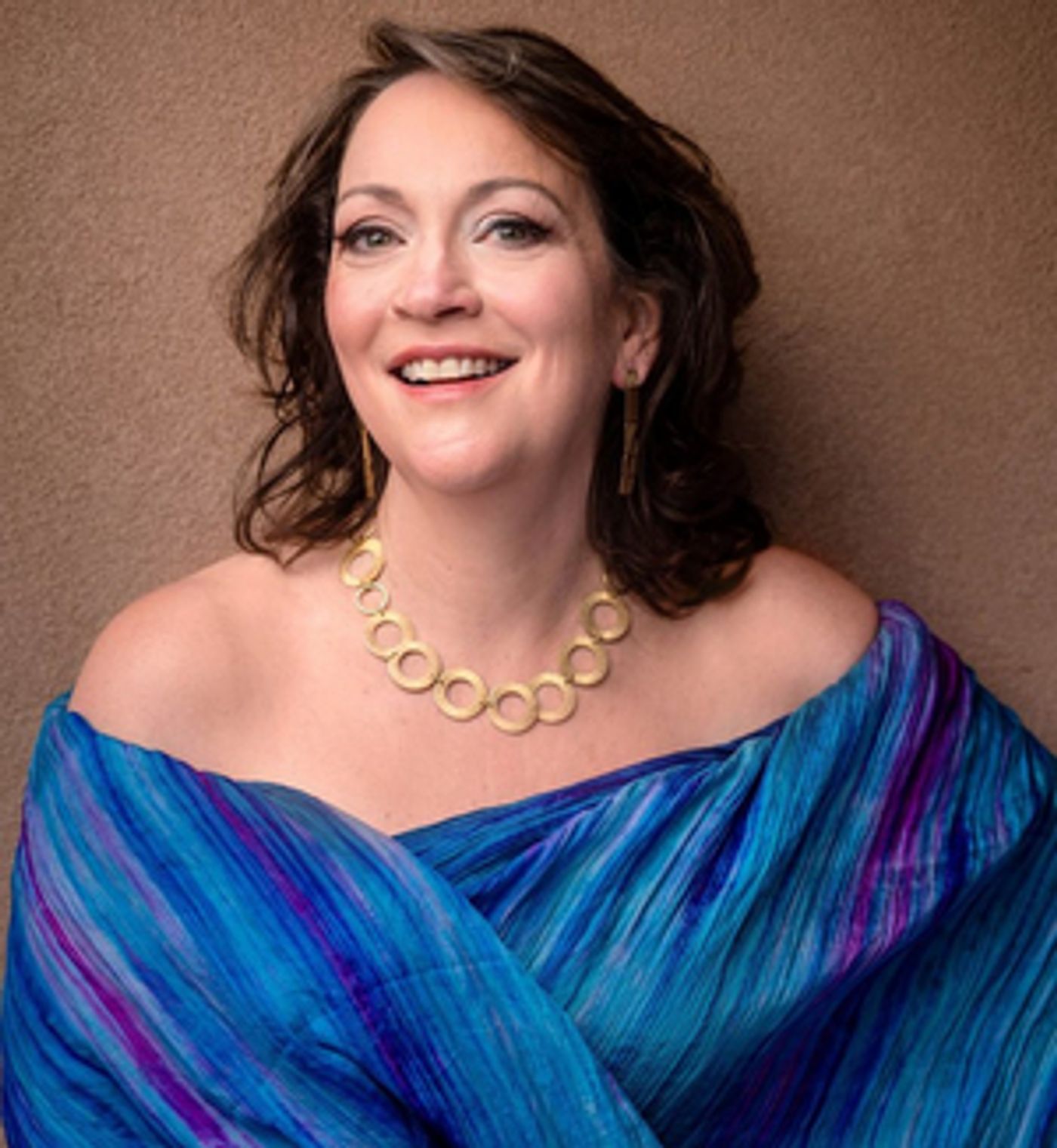 Does Arkhipov tell his own story during the opera or from whose point of view is it told?
Does Arkhipov tell his own story during the opera or from whose point of view is it told?
Stephanie: Arkhipov lives the story over the course of the opera. We are party to his inner thoughts via his letters to Olga, his wife (pictured Katharine Goeldner, mezzo- soprano, portrays Olga Arkhipova), and he is quick to open up to one of his fellow sailors. We hear the truth of how B-59 and its crew were hung out to dry by the Soviet government in hindsight via Arkhipov's widow Olga, who, in our story, is brought in for interrogation in 1998 just as the story is about to surface, and the government's imperative is to control how the story gets told.
Have the two of you been part of the actual staging of the opera at the Kirk Douglas Theatre? If so, with ten singers plus the eighteen-member Jacaranda Chamber Ensemble, what are some of the challenges faced by setting it in Soviet nuclear submarine B-59? Or is this presentation being done as a concert and not fully staged?
Stephanie: We're doing a concert premiere on Friday and Saturday: Singers at music stands, no staging, other than the fact that we have a wonderful actor with us-J. Ed Araiza, who will be playing the pair of silent characters in the opera: the political officer aboard the sub, or the Zampolit; and Arkhipov's wife Olga's interrogator in 1998. We'll be able to explore the impact that figure's presence makes on the piece via some experimentation with minimal movement for his characters. But yes, we've been present for most of the rehearsals, which has been thrilling.
What did you find most challenging while creating the opera?
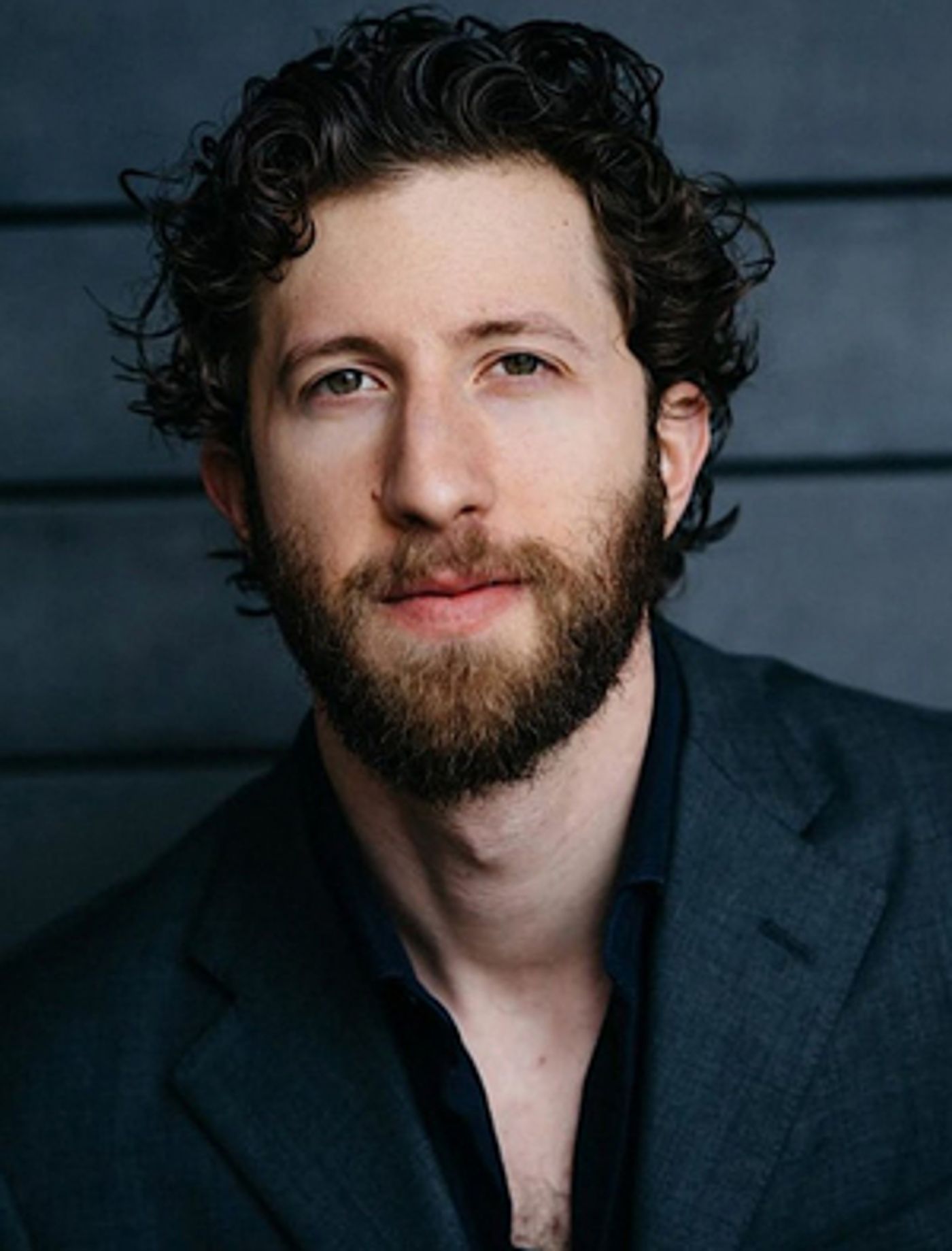 Stephanie: A submarine is a world unto itself with rules all its own. And a Soviet submarine, no less. The challenges were many, but the kind this writer is hungry for: Conjuring the forward momentum of the journey of B-59 within a powerful theatrical and undeniably musical form, manifesting the suspense and thrill of the impossible mission the sailors undertook, as well as communicating clearly the ways in which the workings of the submarine impacted this journey. Bringing to life the charged encounter between two very different men-the introspective Arkhipov and the blustery Captain Savitsky (pictured David Leigh (bass) portrays Vitali Savitsky) as well as the vibrant dynamics of the crew. And all within the distilled form that is, by necessity, the opera libretto.
Stephanie: A submarine is a world unto itself with rules all its own. And a Soviet submarine, no less. The challenges were many, but the kind this writer is hungry for: Conjuring the forward momentum of the journey of B-59 within a powerful theatrical and undeniably musical form, manifesting the suspense and thrill of the impossible mission the sailors undertook, as well as communicating clearly the ways in which the workings of the submarine impacted this journey. Bringing to life the charged encounter between two very different men-the introspective Arkhipov and the blustery Captain Savitsky (pictured David Leigh (bass) portrays Vitali Savitsky) as well as the vibrant dynamics of the crew. And all within the distilled form that is, by necessity, the opera libretto.
Peter: Composing the opera was full of delicious challenges, but two stand out: how to embody each of the characters with music specific to them and differentiated from the other characters and that evolves as their characters do as they move through their journey; and how to craft a musical arc over 105 minutes that has the right balance of unity and variety, that creates a world that is both coherent and has a wide enough dramatic range to tell the story.
What steps led to Jacaranda producing your opera? Have you worked with them before?
Peter: In 2016, Jacaranda performed my song cycle Canciones de Agua. After that concert, Jacaranda Artistic and Executive Director Patrick Scott told me how much he loved that piece and asked me what I was working on next. I confessed that I was considering composing a chamber opera, and he suggested that Jacaranda would be interested in presenting the piece. Jacaranda has been connected to the project throughout its development.
Jacaranda Artistic and Executive Director Patrick Scott adds, "On October 27,, 2022, just days after our performance, it will be 60 years since nuclear Armageddon was barely averted through the moral conviction of one man, whose heroism was erased by the Soviet Union for four decades. Jacaranda has always been committed to presenting stories of deep historical importance that continue to be relevant today. Against the current backdrop of Ukrainian heroism and Russian aggression, Arkhipov's story, only recently brought to light, is particularly compelling and profound."
What do you hope audiences will take away from seeing it, or talk about afterwards?
Stephanie: I hope audiences will take away a sobering awareness of how close we are to cataclysm at every moment, the fallibility of our communications, even when incredibly high tech, and our fallibility as humans, as well as the tremendous responsibility we have, on so many levels, to care for and further the well-being of humanity. I also hope that audiences will get swept up in the music and the story, and that they are moved by the drama of this great man, whose actions under tremendous pressure averted disaster and allowed us to be here today to tell this story.
Peter: Stephanie and I are 100% on the same page.
Thanks so much for sharing your thoughts with me.
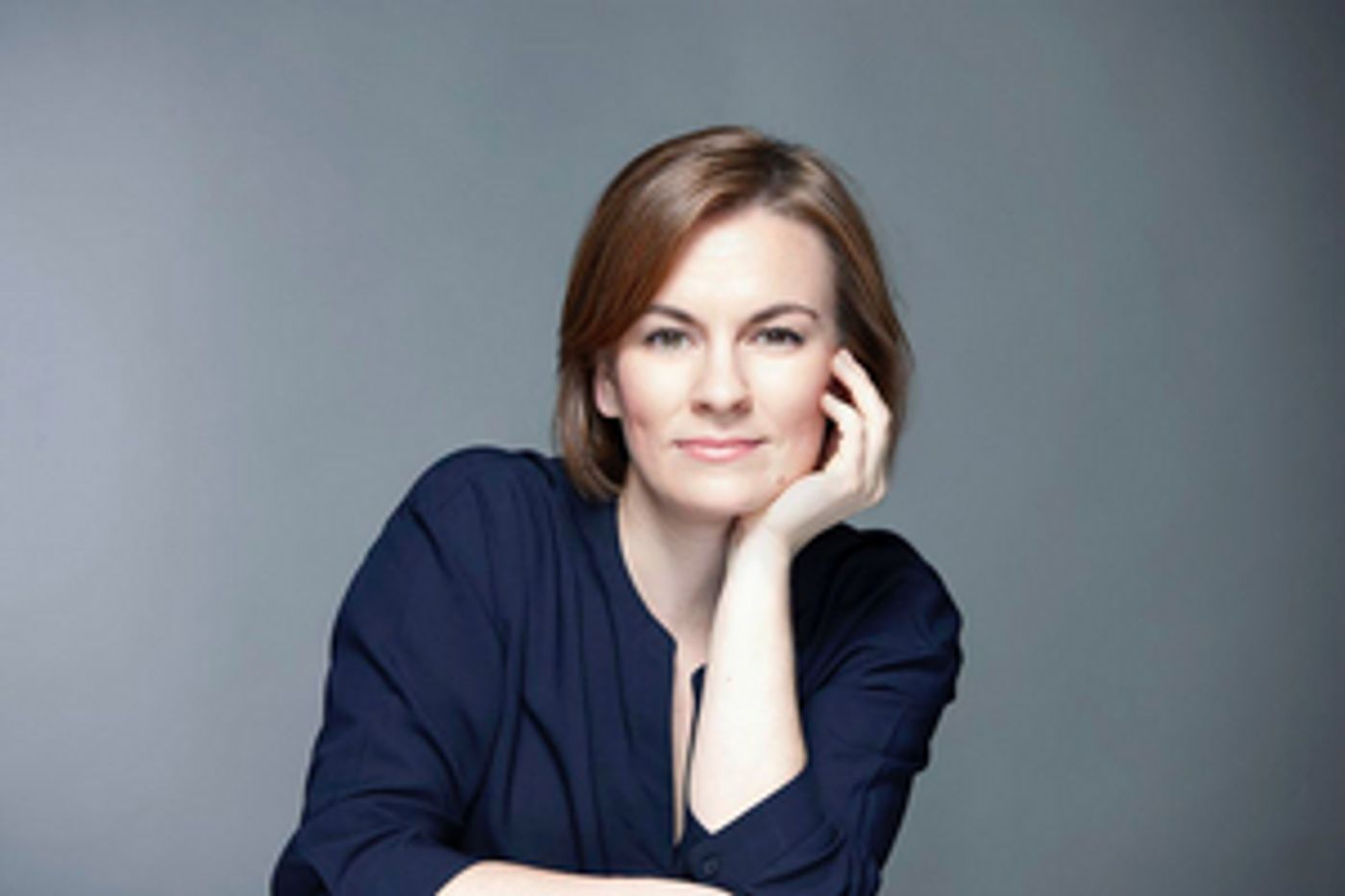 Presented by Jacaranda in partnership with the Wende Museum of the Cold War (located in Culver City), ARKHIPOV chronicles the enthralling true story of the journey of the Soviet nuclear submarine B-59, the events leading to a critical tipping point during the Cold War's Cuban Missile Crisis, and the man responsible for defusing the conflict. A collaboration between composer Peter Knell and librettist Stephanie Fleischmann, the opera's concert premiere conducted by Daniela Candillari (pictured) and directed by Elkhanah Pulitzer takes place on Friday and Saturday, October 21 and 22, 2022, at 8 pm at The Kirk Douglas Theatre, 9820 Washington Blvd. in Culver City, CA 90232. Run time is 105 minutes, with tickets priced at $45 and $75 available at jacarandamusic.org
Presented by Jacaranda in partnership with the Wende Museum of the Cold War (located in Culver City), ARKHIPOV chronicles the enthralling true story of the journey of the Soviet nuclear submarine B-59, the events leading to a critical tipping point during the Cold War's Cuban Missile Crisis, and the man responsible for defusing the conflict. A collaboration between composer Peter Knell and librettist Stephanie Fleischmann, the opera's concert premiere conducted by Daniela Candillari (pictured) and directed by Elkhanah Pulitzer takes place on Friday and Saturday, October 21 and 22, 2022, at 8 pm at The Kirk Douglas Theatre, 9820 Washington Blvd. in Culver City, CA 90232. Run time is 105 minutes, with tickets priced at $45 and $75 available at jacarandamusic.org
The Concert Premiere of the Opera ARKHIPOV with Music by Peter Knell, Libretto by Stephanie Fleischmann, Directed by Elkhanah Pulitzer, Conducted by Daniela Candillari, Dramaturgy by Cori Ellison, Produced by Cath Brittan, featuring the Jacaranda Chamber Ensemble. Featured in the cast are Edward Parks III as Vasili Arkhipov, David Leigh as Vitali Savitsky, Katharine Goeldner as Olga Arkhipova, with Daniel Moody, Joel Balzun, Domenic Delzompo, Michael Dunlap, Carlos Santelli, Todd Strange, Max Zander, J. Ed Araiza.
ARKHIPOV performances take place on Friday, October 21, 2022, 8 pm and Saturday, October 22, 2022, 8 pm, at The Kirk Douglas Theatre, 9820 Washington Blvd. in Culver City, CA 90232. Run time is 105 minutes. Tickets are $45 and $75, available at https://www.jacarandamusic.org.
To listen to a sound clip, visit https://www.jacarandamusic.org/home
Photos courtesy of Jacaranda Music
Videos

